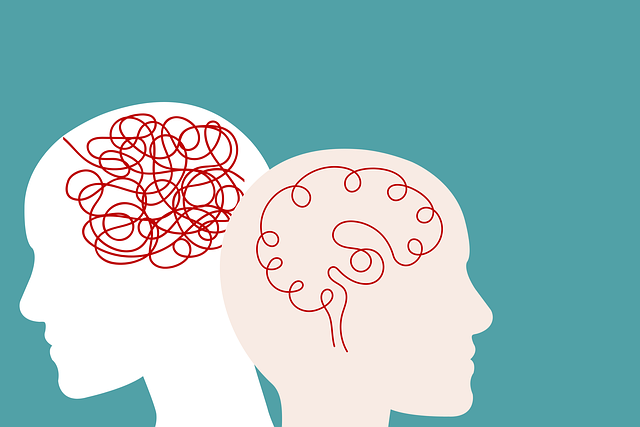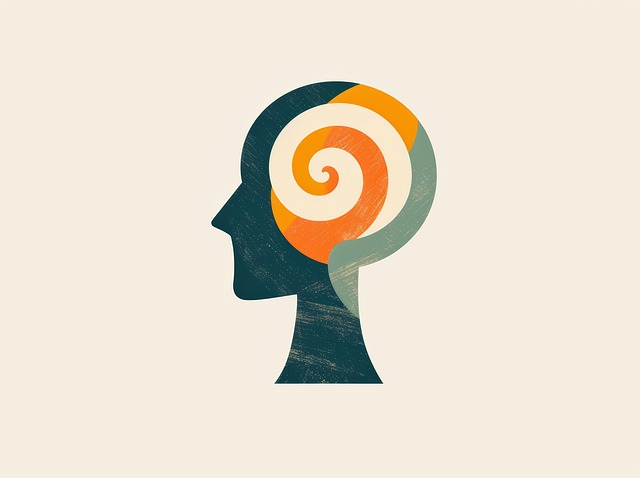Lafayette Developmental Disability Therapy advocates for personalized mental wellness assessments tailored to individuals' unique needs. By employing tools like Mental Wellness Journaling Exercises, they empower clients through self-awareness and coping strategy development. This approach, integrated with clear language and stress management workshops, reduces stigma and barriers, fostering autonomy in mental health care.
In today’s fast-paced world, prioritizing mental wellness is paramount. This article explores the development of personalized mental wellness self-assessment tools, focusing on the unique needs of individuals with developmental disabilities. We delve into the critical importance of tailored approaches and present an innovative framework inspired by Lafayette Developmental Disability Therapy principles. By integrating these principles, we aim to enhance self-awareness and support effective interventions for improved mental health outcomes.
- Understanding the Need for Personalized Mental Wellness Tools
- Designing Effective Self-Assessment Frameworks
- Integrating Lafayette Developmental Disability Therapy Principles
Understanding the Need for Personalized Mental Wellness Tools

In today’s fast-paced world, mental wellness is a cornerstone of overall health and well-being. However, one-size-fits-all approaches often fail to address the unique needs and challenges faced by individuals with developmental disabilities, such as those served by Lafayette Developmental Disability Therapy. Understanding the nuances of mental health among this population requires specialized tools that cater to their distinct circumstances. Traditional self-assessment methods may not adequately capture the complexities of their experiences, leading to potential misdiagnoses or overlooked issues.
Personalized mental wellness tools are crucial for enhancing support and promoting resilience. By tailoring assessments to account for developmental differences and co-occurring conditions, these resources enable more accurate evaluations and effective interventions. This is particularly relevant in the context of public awareness campaigns development, where raising understanding about mental health among diverse communities should go hand in hand with accessible and tailored support systems. Moreover, tools focusing on mood management and depression prevention can play a vital role in empowering individuals with developmental disabilities to take charge of their mental wellness journey.
Designing Effective Self-Assessment Frameworks

Designing effective self-assessment frameworks is a multifaceted process that requires careful consideration of various aspects of mental wellness. At Lafayette Developmental Disability Therapy, we emphasize the importance of personalized approaches tailored to individual needs. A robust framework should incorporate diverse assessment methods, such as Mental Wellness Journaling Exercise Guidance, to capture nuanced insights into one’s emotional state and behaviors. By integrating these exercises into daily routines, individuals gain valuable self-awareness, enabling them to track progress over time.
Moreover, the development of these tools must be underpinned by a solid understanding of mental health awareness and inner strength development principles. Encouraging open reflection through journaling can help individuals identify areas for improvement and cultivate coping strategies that promote resilience. This proactive approach, informed by Mental Health Awareness and Inner Strength Development concepts, ensures that self-assessment frameworks are not just diagnostic tools but also empowering resources for personal growth and well-being.
Integrating Lafayette Developmental Disability Therapy Principles

The development of mental wellness self-assessment tools can greatly benefit from integrating Lafayette Developmental Disability Therapy principles. This therapeutic approach emphasizes individualization, understanding, and support for people with developmental disabilities, which can be translated to enhancing accessibility and effectiveness in mental health assessments. By incorporating these principles, assessment tools can better cater to diverse needs, ensuring that language and instructions are clear and adaptable to different levels of cognitive ability.
Moreover, Lafayette Developmental Disability Therapy promotes the use of communication strategies tailored to each individual’s strengths and challenges. Incorporating such strategies into self-assessment tools can reduce barriers for individuals with mental illness, fostering a sense of autonomy and engagement in their own care. Additionally, these principles encourage the inclusion of stress management workshops within assessment frameworks, aiming to equip individuals with coping mechanisms and reducing potential anxiety or distress associated with the evaluation process. Such an integrative approach not only aligns with current Mental Illness Stigma Reduction Efforts but also paves the way for more inclusive and holistic mental wellness assessments.
The development of personalized mental wellness self-assessment tools is a vital step towards enhancing individual well-being, especially for those with developmental disabilities. By combining insights from Lafayette Developmental Disability Therapy principles with effective self-assessment frameworks, we can create tailored interventions that support unique needs. These tools empower individuals to actively participate in their mental health journeys, fostering self-awareness and promoting positive outcomes. This approach ensures a more inclusive and accessible mental wellness landscape, catering to diverse populations.








